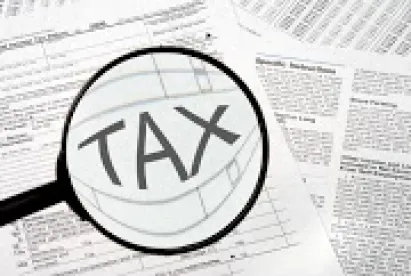The Massachusetts Department of Revenue’s new Early Mediation Program (EMP) is off to a very promising start. The EMP expedites the normal appeals process and offers hope to taxpayers that desire to resolve tax disputes without prolonged litigation. The Department indicated at a recent Boston Bar Association meeting that eight of the first 11 cases have resulted in settlements. Commissioner Amy Pittner announced publicly earlier this year that the Department’s goal is that one-third of all eligible disputes will be mediated.
Only controversies with $250,000 or more of tax at stake are currently allowed into the program (this is down from the original $1 million threshold). Either the taxpayer or the Audit Division may suggest participation in the EMP. Early mediation can be initiated any time a controversy has been fully developed in the course of the audit, but in no event later than 30 days after the issuance of a Notice of Intent to Assess. A taxpayer interested in the EMP must either submit a joint application with the Audit Division or one on its own. The Department retains discretion to determine that the EMP is not appropriate.
Once accepted into the EMP, the parties need to reach a resolution within four months or they must reenter the normal appeals process. The way the program works is that both the taxpayer and the Department must exchange position papers on the issues in controversy and submit them to the mediator (a representative of the Office of Appeals) prior to the mediation. Any supplemental information needs to be provided prior to the mediation. At the mediation, the parties present oral arguments on the issues and the mediator helps facilitate a settlement. The mediation is not binding on either party. The key to the success of the program is that both parties are required to have a person with settlement authority present at the mediation.
Richard C. Call contributed to this article.




 />i
/>i

